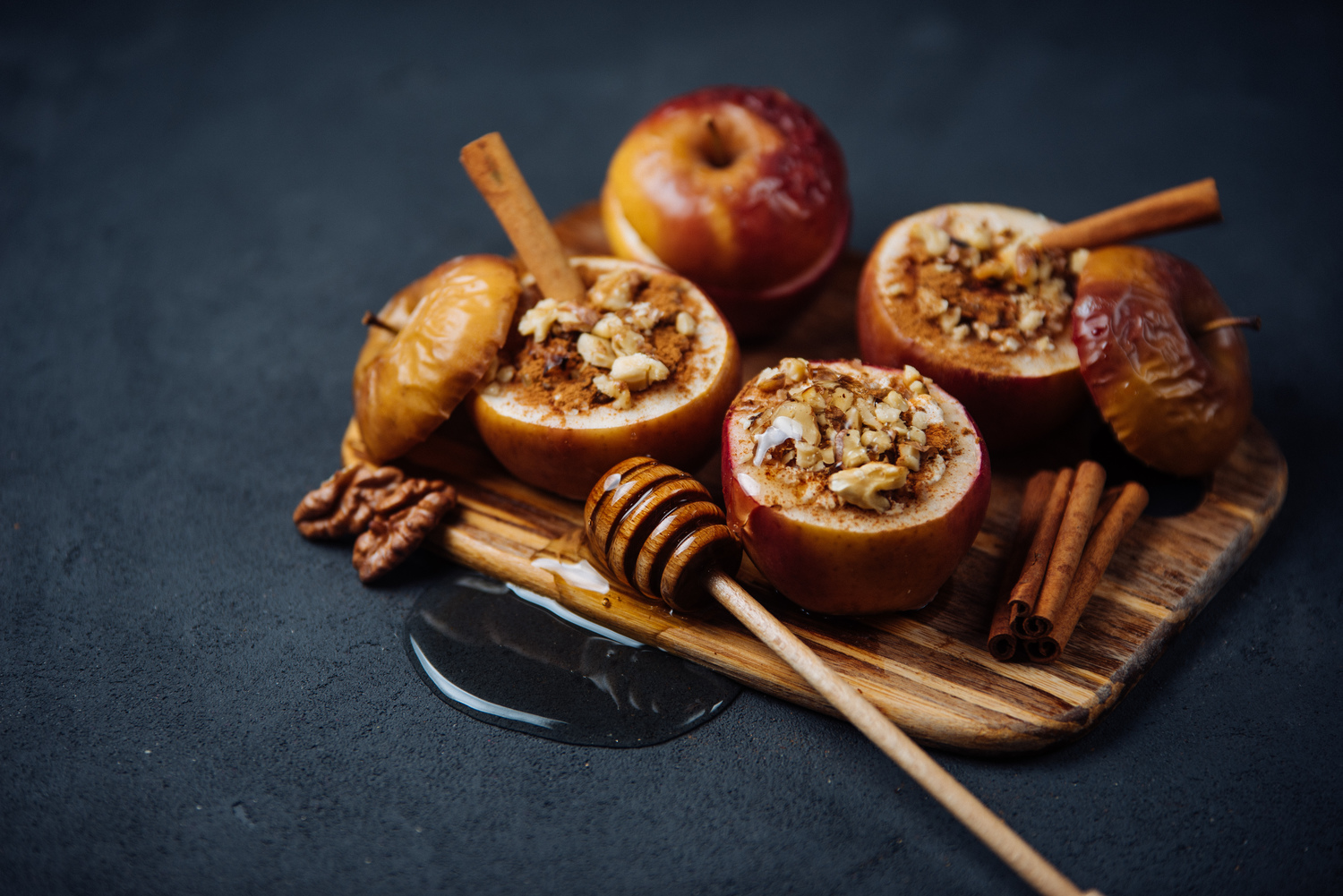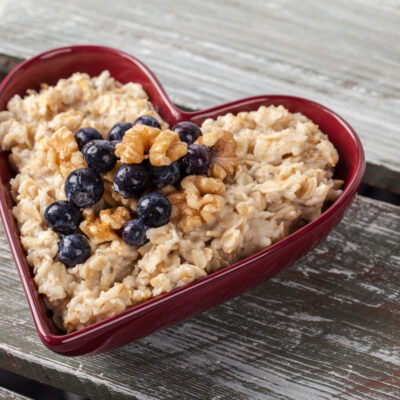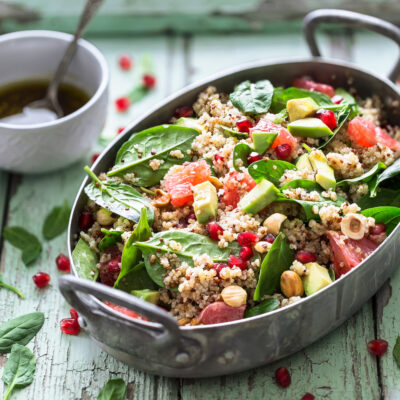
Foods to Combat Arthritis Flare-ups
Rheumatoid arthritis (RA) is a form of arthritis that affects the body’s joints, organs, and blood vessels. RA symptoms may include inflammation or swelling, joint stiffness, tenderness or soreness that causes mobility issues. Treatment can include a combination of prescribed oral medication in conjunction with exercise therapies. However, medical professionals often recommend following a natural anti-inflammatory diet while minimizing habits and foods that are known to agitate inflammation, such as smoking and eating processed food.
Here is a list of the top natural anti-inflammatory foods that help reduce RA-associated inflammation:
- Walnuts
The U.S. Food and Drug Administration recognizes walnuts as helping to combat inflammation along with heart-protecting attributes. These nuts are the richest in omega-3 fatty acids compared to other common nuts, and they are also high in antioxidants. Other nuts high in omega-3s include almonds, macadamia nuts, and hazelnuts. Two nuts to avoid are peanuts and cashews because they are not true nuts and are actually considered legumes.
- Wild salmon
Fatty fish, especially salmon, is concentrated in omega-3s. There are many scientific studies today that have proven how including salmon in a rheumatoid arthritis diet can contribute to reducing inflammation and the pain associated with arthritis symptoms. Other honorable fatty fish mentions include mackerel, halibut, and sardines. Farm-raised salmon has not been proven to contain the same benefits, so make sure that the salmon is sourced as wild-caught.
- Turmeric
In the U.S., turmeric is often an underused spice at the kitchen counter. Fortunately, it has received a lot of attention in the medical and scientific community and thus can be found readily in both the spice and supplement isles. Turmeric is dense with an antioxidant called curcumin. Curcumin is known to block a molecule called NF-kB, which triggers the inflammatory response within cells. Tumeric has been found to be so effective that it is considered by some alternative practitioners to be as powerful as prescription drugs.
- Blueberries
Blueberries are high in antioxidants that destroy the free radicals responsible for destroying healthy cells and causing inflammation. Although blueberries are known for having the highest amount of antioxidants, other berries are close contenders, such as raspberries, blackberries, grapes, and strawberries. Although cherries are not technically a berry, they have also been found to help reduce inflammation pain as well. Frozen blueberries are an excellent choice because they are able to retain most of their antioxidants and nutrients as their fresh counterparts.
- Avocados
Avocados are rich in monounsaturated fats and vitamin E, which also plays an important role in regulating the body’s inflammatory response. They are known to prevent joint damage when used in an anti-inflammatory diet, and also help to increase the good cholesterol, HDL, while also lowering bad cholesterol, LDL. In some recipes, avocados are used as a cooking substitute for fat that is associated with inflammation, such as margin, vegetable oil, and canola oil. A popular breakfast trend is to put sliced or mashed avocados on top of toast instead of butter.
- Garlic
Garlic helps to protect the cartilage in bones by limiting the production of cytokines, which are known to cause inflammation. Garlic is also a superstar in cardiovascular benefits. Readily found in many grocery stores it can be incorporated in most lunch and dinner recipes. If you are not a fan of garlic you can also buy it in the pill form, or try roasting the cloves for a milder flavor.


